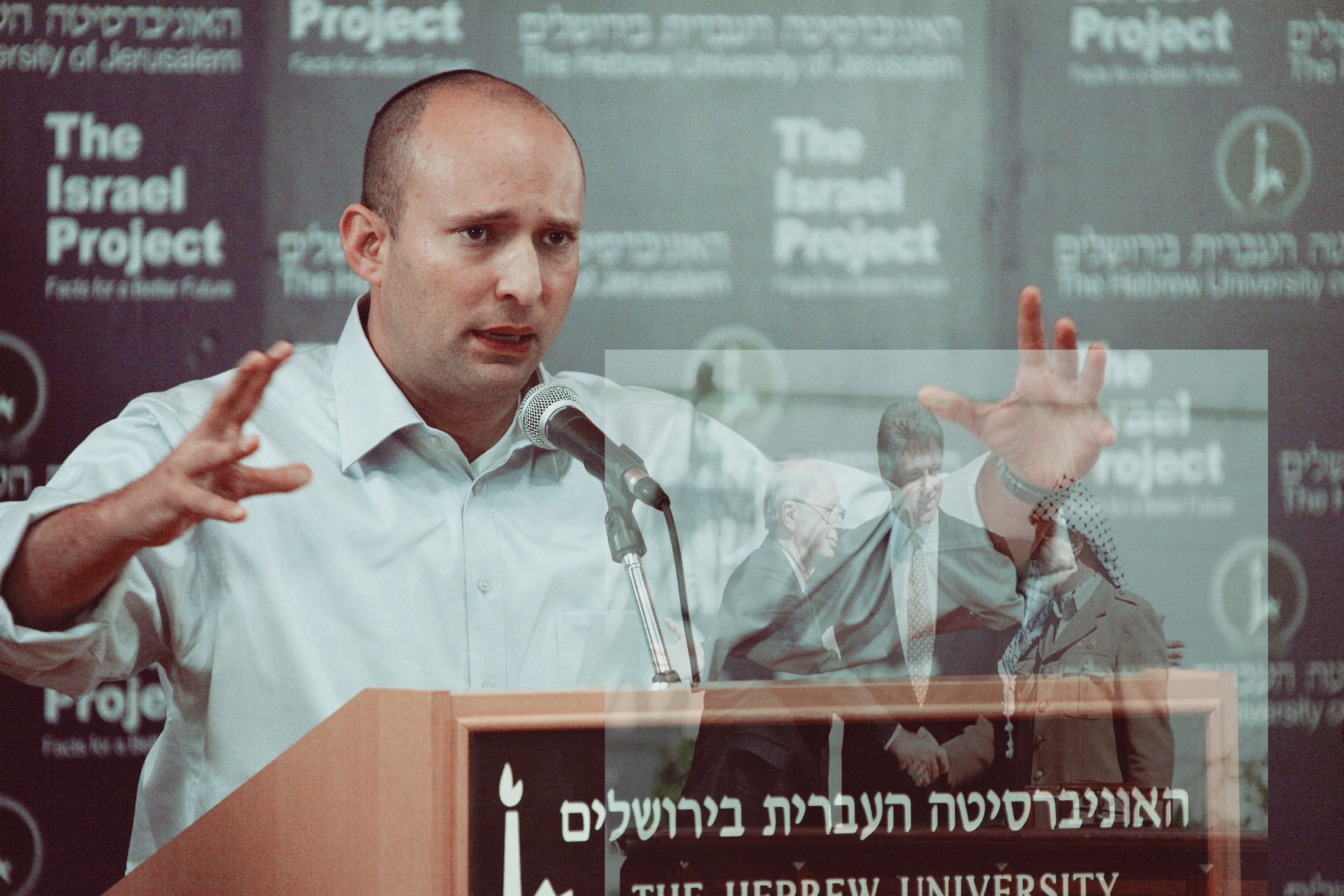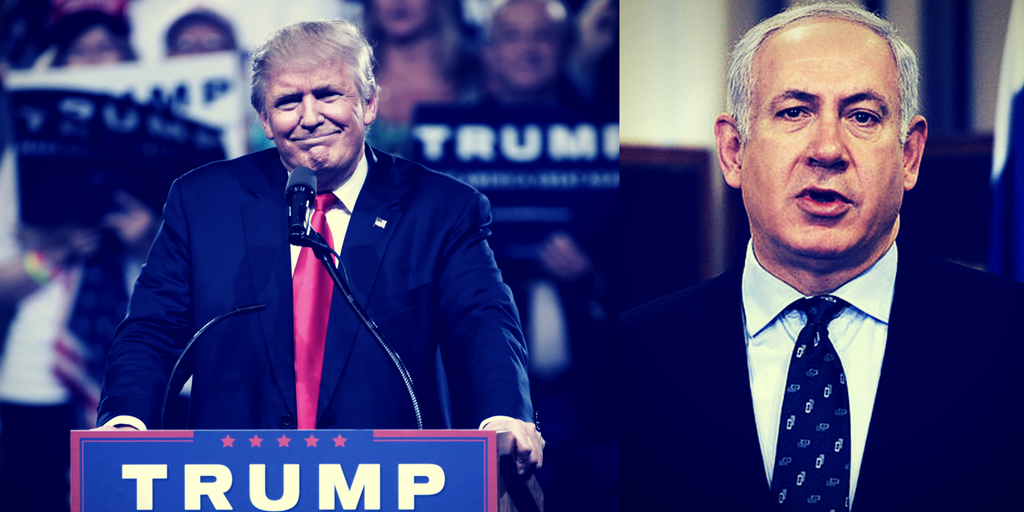In one of the immortal lines of Godfather 2, mafia boss Michael Corleone discusses the fate of his brother, who betrayed him, with his enforcer.
“I don’t want anything to happen to him while my mother is alive,” Corleone said.
Message received.
The brother was murdered after their mother’s funeral.
Last week it was reported that the Obama administration has delivered a message to the Palestinian Authority. The administration has warned the PA that the US will veto any anti-Israel resolution brought before the UN Security Council before the US presidential elections on November 8.
Message received.
Open season on Israel at the Security Council will commence November 9. The Palestinians are planning appropriately.
Israel needs to plan, too. Israel’s most urgent diplomatic mission today is to develop and implement a strategy that will outflank President Barack Obama in his final eight weeks in power.
Lobbying the administration is pointless. Obama has waited eight years to exact his revenge on Israel for not supporting his hostile, strategically irrational policies. And he has no interest in letting bygones be bygones.
Before turning to what Israel must do, first we need to understand what Israel can do.
A good place to begin is by considering what just transpired at UNESCO, where twice in a week, UNESCO bodies resolved to erase 3,000 years of Jewish history in Jerusalem and the Temple Mount.
The fight that Israel waged at UNESCO is not the fight it needs to wage at the Security Council. The stakes at the Security Council are far higher.
Like the UN General Assembly, UNESCO’s decisions are non-binding declarations that have no legal or operational significance. As such, there is no reason to expend great resources to fight them. For Israel, the goal of the fight at UNESCO is not to defeat anti-Israel initiatives. That is impossible given the Palestinians’ automatic majority.
The purpose of the fight at UNESCO is to humiliate European governments that side with antisemitic initiatives, and to weaken the congenitally anti-Israel body itself.
The government achieved both of these objectives. Italian Prime Minister Matteo Renzi’s disavowal of his own government’s abstention from the vote on the first resolution – like the similar position taken after the fact by the Mexican government – was a diplomatic victory for Israel.
So too, the fact that UNESCO’s own Secretary-General Irina Bukova felt compelled to disavow her own agency’s actions by rejecting the resolution’s denial of the Jewish people’s ties to Jerusalem was a significant victory for Israel. Her statement was deeply damaging for UNESCO and its reputation.
Finally, the fact that Tanzania and the Philippines voted against the resolution was a testament to Israel’s capacity to convince other governments to abandon their traditional pro-Palestinian voting pattern.
The Palestinians won the vote at UNESCO because they are more powerful diplomatically than Israel. They have an automatic anti-Israel majority. But they weren’t empowered by their victory. To the contrary. They were bloodied by it.
In a sign of their weakening hold on member nations, the Palestinians and Jordanians felt compelled to send a threatening letter to the members of UNESCO’s World Heritage Committee lest they dare to vote against the resolution. Powerful players don’t make threats. They don’t need to.
Israel’s experience at UNESCO teaches us that there are governments that are open to counteroffers. Israel doesn’t need to hide in America’s shadow. It is capable of working on its own to blunt the impact of the Palestinians’ automatic majority. And it will need to use all of its resources to fend off a US-backed assault at the Security Council.
Unlike UNESCO, the Security Council can pass legally binding resolutions. Israel needs to be prepared to bring all of its resources to bear to prevent such a resolution from being adopted against it. Obama’s intention to abandon Israel at the Security Council means that Israel comes to this battle severely hobbled.
But there is one advantage to the US’s betrayal.
Over the years, Israel’s ability to trust the US to veto anti-Israel resolutions at the Security Council was been a mixed blessing. On the one hand, the US has secured Israel from diplomatic assaults. But on the other hand, our ability to trust Washington has made us diplomatically lazy and ineffective.
Safe in Washington’s shadow, we have behaved as through all diplomacy is public diplomacy. That is, we have pretended that statecraft begins and ends with making the moral or strategic case for our side against the other guys.
But public diplomacy is just one diplomatic tool.
The Syrian regime, for instance, has no moral case for securing international support. Bashar Assad didn’t convince Russian President Vladimir Putin to support him by arguing that he is better than alternative regimes. He bought Putin’s support by offering him permanent air and naval bases in Syria.
Then there is Morocco, another weak state with no public diplomacy case to make. Last March, UN Secretary-General Ban Ki-moon outraged Rabat when he acknowledged the plain fact that Western Sahara, which Morocco occupies, is “occupied territory.”
Morocco quickly secured the support of Spain and France and launched an all-out onslaught against Ban. How did Morocco manage?
Morocco’s most powerful diplomatic resource is its control over migration flows from North Africa to Europe. Anytime it wishes, Rabat can open the migratory floodgates just as easily as it can keep them shut. And the French and Spanish know it.
In less than a month, Ban issued repeated abject apologies.
Game. Set. Match. Morocco.
From reports to date, it appears that shortly after the US elections on November 8, the Malaysians or Egyptians will submit a Palestinian-backed resolution that defines Israeli communities in united Jerusalem, Judea and Samaria as illegal. If the resolution is brought to a vote, the US will fail to veto it.
Such a resolution, or a resolution obligating Israel to withdraw to the 1949 armistice lines, would cause Israel grave harm.
So what resources does Israel have to prevent this from happening?
Of course, we have public diplomacy. And that might work with some friendly nations. But it won’t get us over the top. We need to learn from the Syrian and Moroccan examples and consider what we have to offer Security Council members in exchange for their support in scuttling the approaching onslaught against us.
One such resource is the US Congress. Israel’s allies in Congress are sickened by the Obama administration’s devastating Middle East policies. A solid majority of lawmakers can be trusted to support actions that will reinforce Israel’s position.

Israel has other resources as well that we can trade on. We have natural gas. And we have technologies that the governments of the world require to surmount the challenges of the 21 century. There is no reason to give these resources away when we can trade them for diplomatic support.
As for the Palestinians, as the UNESCO vote showed, they are less popular now than at any time in the past 40 years. All they have to offer is threats and antisemitism. Both are powerful weapons.
But they are no longer invincible.
Israel’s goal must be to use our resources at the Security Council in a manner that will make it impossible for Obama to enable an anti-Israel resolution to pass.
A method for achieving this goal has two components. The first component is to convince a friendly country on the Security Council to propose a balanced resolution that would counter the Palestinian-backed Israel-bashing one.
Such a resolution could include four points. First, it could deplore efforts to deny Jewish history in Jerusalem and the Temple Mount.
Second, it can condemn the PA/PLO for their continued unlawful funding of terrorists.
Third, it can urge Israel to restrain settlement construction in areas that in previous negotiations have been identified as likely territory for a future Palestinian state.
Fourth, it can call on Israel and the PA to reinstate negotiations immediately without preconditions.
Israel has friendly ties with a few Security Council members, among them Uruguay and New Zealand. In the final weeks of the Obama era, it is possible that Israel will be able to convince one of them to submit a balanced resolution along these lines.
Obama would be hard-pressed to oppose such a resolution in favor of one that singles Israel out for rebuke.
But that still is insufficient. Obama can make Uruguay and New Zealand a better offer if he wishes.
And so we move to the second aspect of the plan.
If we learn nothing else from the Obama era, we must recognize that the time has come for Israel to stop sufficing with just one Security Council veto. Most states have several. And we need a few more.
Russia today is the best place to start our search for a second veto.
Putin is a dealmaker. As his agreement with Assad showed, he is willing to consider attractive offers. Obviously, Israel won’t offer Russia bases. But we do have other things to offer Putin in exchange for a veto.
For instance, in exchange for a Russian veto at the Security Council, Israel can offer Putin to lobby the US Congress to cancel US sanctions against Russia over Russia’s annexation of Crimea.
Israel has no dog in that fight. And the sanctions are not getting the US anywhere.
Putin might go for the deal for two reasons. First, by stepping into the breach and defending Israel against Obama, he will humiliate Obama.
Second, if Israel succeeds with the Congress, he will reap economic rewards.
For his part, Putin wouldn’t even have to openly side with Israel. All he would have to do is announce that in the interests of regional stability, Russia will not support an unbalanced resolution on Israel and the Palestinians.
If Putin supports a balanced resolution, Obama will be checkmated. His plan to take revenge on Israel for not following him off the strategic cliff will be foiled. Israel will have survived his presidency.
None of this will be easy. And success is far from assured. There are many more ways for Israel to fail than succeed. Our diplomatic weakness remains a millstone around our neck. But as the UNESCO resolutions showed, attacking Israel is no longer cost free. We are not powerless in the grip of circumstances. We have cards to play.
And now is the time to play them for all they are worth.
Originally published in The Jerusalem Post.
[huge_it_share]








